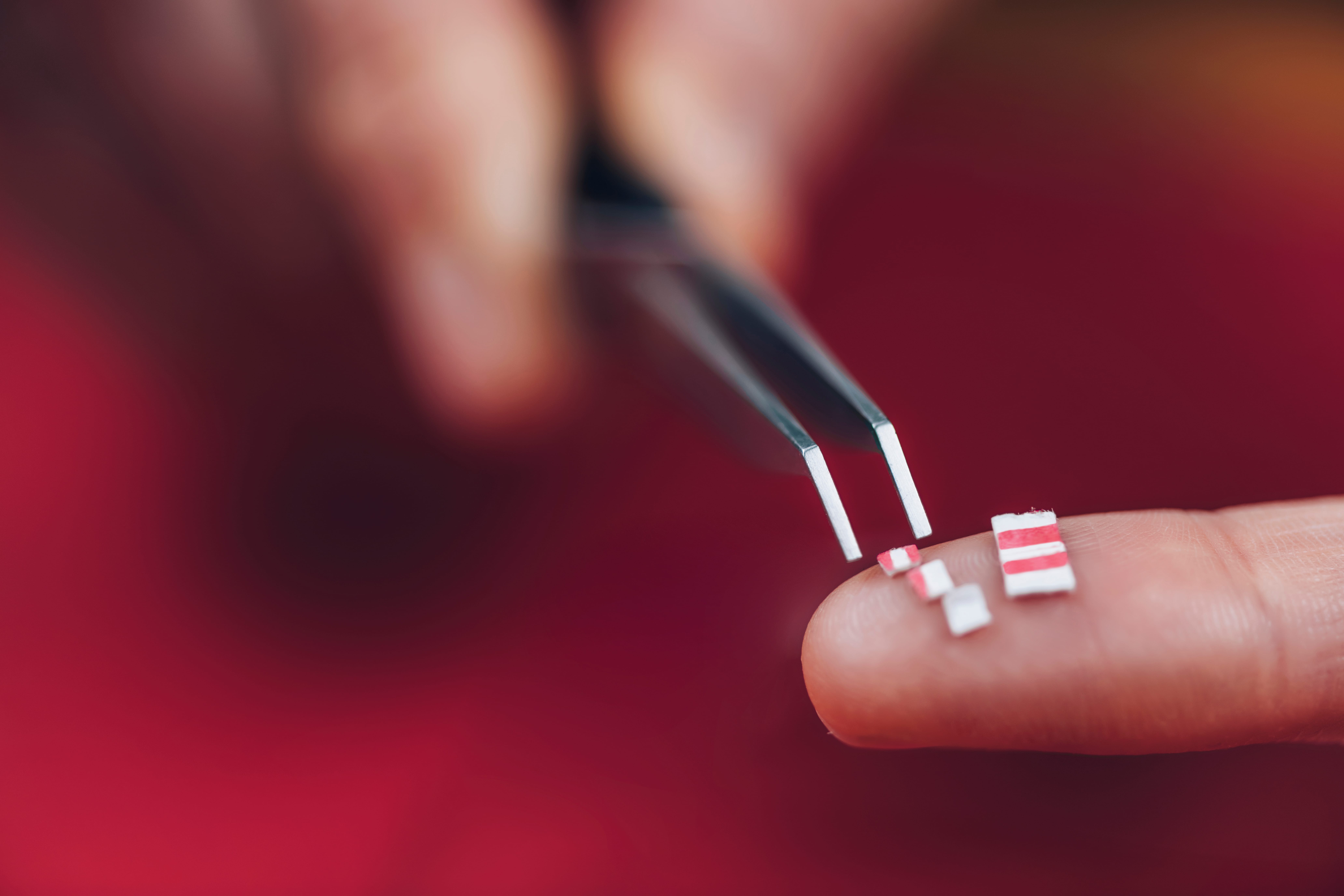
As ketamine continues to prove itself as an effective treatment for depression, PTSD, and other mental health conditions, identifying its potential risks and side effects has also become top-of-mind for doctors and researchers alike.
Understanding the full spectrum of ketamine’s many routes of administration and applications is particularly important for anyone considering microdosing ketamine, a self-medicating act that has gained traction in more recent years.
The use of ketamine recreationally has been around since the 1970s, but as the drug becomes more revered as a viable treatment for depression, the line between clinical use and self-administration at home has grown increasingly blurred. Improper self-administration of ketamine nullifies its therapeutic benefits and exacerbates negative short-term and long-term side effects, posing many risks. Ketamine is a safe medicine when used clinically by a responsible clinician. It is dangerous and potentially life-threatening when users take matters into their own hands. The route of administration, the way the medicine is taken, the dose received, and the health and history of the individual are all critical in ensuring a safe and therapeutic benefit.
Below, we’ll discuss why the self-administration and micro-dosing of ketamine can prove dangerous and potentially lethal in contrast to its use in a safe clinical environment.
Self Medicating Depression With Ketamine
Many who have learned about its benefits may believe that self-medicating depression with ketamine is a viable option for themselves. But, despite its proven ability to treat depression and other mood disorders, at-home and unsupervised use of ketamine, even when taken in low doses, can produce unwanted side effects, a challenging dissociative experience, worsen depressive symptoms, or prove ineffective altogether. This is assuming it is pure ketamine and not a copycat drug or ketamine adulterated with other drugs. Additionally, ketamine is illegal to possess in the United States and throughout most of the world and can result in criminal charges.
Even though “microdosing” a substance like ketamine involves taking a very small amount, prolonged use can jeopardize the integrity of its potential benefits and create more problems than it solves. Some long-term side effects of prolonged ketamine abuse include:
- Decreased sociability
- Impaired memory recall
- Attention deficit or dysfunction
- Visual flashbacks
- Triggering of psychosis or schizophrenia in those who are predisposed
- Bladder irritability
Psychological dependence on ketamine may also develop as a result of continuous at-home or recreational use. While microdosing ketamine may, in theory, seem safe because of the small amount taken, users can quickly build a physical tolerance, which can, in turn, lead to an increase in dose and raise the likelihood of abuse. Those who microdose may find themselves doing it more frequently, unaware that a dependency has been established because of the seemingly minimal dosages they are receiving.
Ketamine Infusion: A Proven, Professional Way to Treat Depression
Ketamine Infusion Therapy, administered by an accredited medical professional, has proven to be a safe, effective, fast-acting way to treat mood disorders like depression, anxiety, suicidal thoughts, PTSD, and other mental health conditions. The treatment involves a series of six IV ketamine therapy infusions professionally administered in a safe and regulated environment over the course of 2-3 weeks. This method of IV therapy for depression is recognized for its rapid onset of efficacy. An accredited medical facility with trained professionals can determine the optimum therapeutic dose while minimizing unwanted side effects, ensuring your comfort and safety.
Among the leading ketamine therapy infusion clinics is Ketamine Clinics Los Angeles, founded by Dr. Steven L. Mandel and co-founded by his son and Chief Operating Officer, Sam Mandel. Both are renowned as pioneers. Dr. Mandel is known for creating new medical protocols that enhance treatment outcomes and Sam for his patient advocacy with a focus on concierge-level care for all patients.
Ketamine Therapy for Various Conditions
KCLA offers targeted ketamine treatments for a range of mental health issues:
- Depression
- Anxiety
- Bipolar Depression
- OCD
- PTSD
- PPD
Our focus includes mood disorder treatments LA, TMS treatment, and psychiatric medication management. KCLA's success rate in clinical ketamine therapy has made us a trusted name for those seeking ketamine mental health support and treatments for conditions such as ketamine for OCD, chronic PTSD treatment, and ketamine treatment for anxiety.
Ketamine Treatments at KCLA
Ketamine infusion therapy clinics like those offered at Los Angeles Ketamine Clinic are geared toward providing patients with a safe and comfortable environment when receiving ketamine treatments for depression. The focus is on providing an optimal setting to administer clinical ketamine therapy. By properly monitoring the intake of ketamine, KCLA can eliminate the unwanted side effects and the propensity for patients to seek ketamine outside of a medical facility. These sessions help treat depression with an emphasis on relaxation and comfort during the experience, guided by medical professionals with years of experience in the field. Dr. Mandel, a ketamine depression specialist, has performed over 14,000 infusions and has more than 40 years of experience working with ketamine as a board-certified anesthesiologist.
Ketamine infusion therapy has been backed by plenty of success stories, with a proven history of being one of the most effective alternative depression treatments. Learn more about KCLA and its state-of-the-art mental health treatment centers, or contact our ketamine depression specialist team today for more information about ketamine treatment for depression and anxiety, PTSD treatment, or psychiatric medication management.

